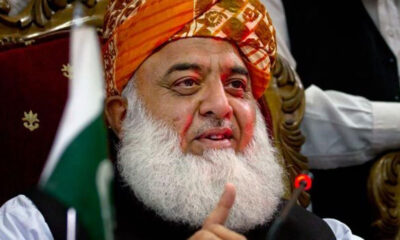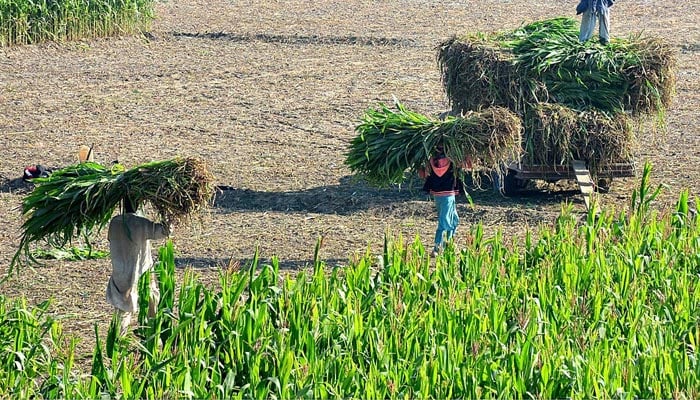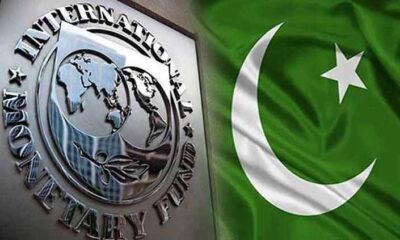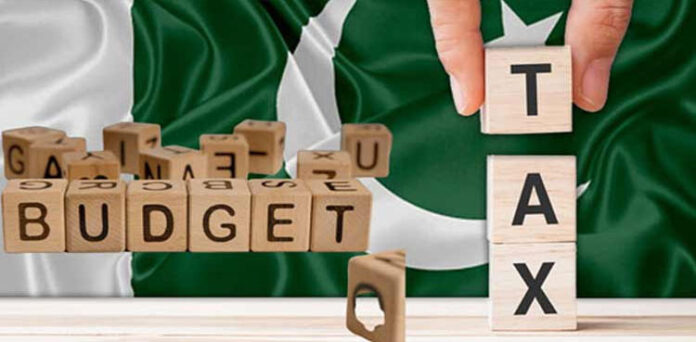- Govt plans to collect Rs14bn from agriculture consumers.
- Farmers will now pay Rs16.60 as the base rate.
- The decision has been implemented immediately.
ISLAMABAD: As a part of the conditions laid forth by the International Monetary Fund (IMF) to unlock more than $1 billion in funding, the coalition government has discontinued the power subsidy given to agriculture consumers.
Prime Minister Shehbaz Sharif announced a Kissan Package for the farmers in October 2022 in the wake of the unprecedented flash floods which was later notified by the National Electric Power Regulatory Authority (NEPRA) in December last year.
However, after providing the subsidy for two months, the government has now discontinued the package with immediate effect owing to the conditions set by the Washington-based lender.
“Federal Cabinet […] has approved the Discontinuation of Kissan Package for base rate relief of Rs3.60/kWh to private agriculture consumers from 1st March 2023,” the notification issued by the Power Division read.
It mentioned that the decision of the federal cabinet was conveyed for immediate implementation and necessary action.
The premier announced the relief package for the growers due to cataclysmic flooding caused by historic monsoon rains that washed away roads, crops, infrastructure and bridges, killing over 1,700 people and affecting more than 33 million, over 15% of the country’s 220 million population.
In concurrence with the announcement, the NEPRA had reduced the power tariff by Rs3.60 per unit at the then-base rate of Rs16.80 after which the farmers were consuming electricity at the base rate of Rs13.
However, after the discontinuation of the facility, agriculture consumers will now pay Rs16.60 in the base rate.
Following the decision, the federal cabinet is expected to collect Rs14 billion by June. It should be noted that the Power Division has written letters in this regard to the K-Electric and other distribution companies.
The division has also informed the Ministry of Finance and the Ministry of Food and Agriculture via letters written in this regard.
The IMF has placed four prior actions including the imposition of a permanent power surcharge of Rs3.39 per unit plus 0.43 paisa (Rs3.82 per unit), market-based exchange rate, hiking discount rate by 150 to 250 basis points and securing confirmation from bilateral partners to meet external financing gap of $7 billion.
On the power surcharge, the Pakistani side argued that the EFF programme was going to expire in June 2023, so how the IMF could demand slapping a permanent surcharge of Rs3.82 per unit.

 Latest News2 days ago
Latest News2 days ago
 Business2 days ago
Business2 days ago
 Business2 days ago
Business2 days ago
 Latest News2 days ago
Latest News2 days ago
 Latest News2 days ago
Latest News2 days ago
 Latest News2 days ago
Latest News2 days ago
 Latest News2 days ago
Latest News2 days ago
 Latest News2 days ago
Latest News2 days ago























